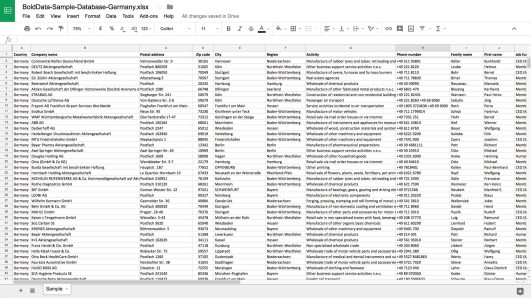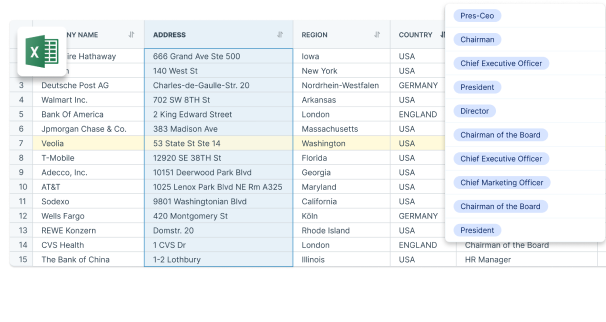In business, company information is a critical component that helps organizations make informed decisions. This information includes data about a company’s history, operations, financials, and other vital aspects. It is used for various purposes, including assessing a company’s creditworthiness, evaluating investment opportunities, and conducting due diligence. In this article, we will explore what company information is and how it is used.
What is Company Information?
Company information is a collection of data about an organization used to understand its operations, structure, financials, and performance. This information is typically publicly available and can be obtained from various sources, including government agencies, financial institutions, industry associations, and other organizations.
The types of information included in company information vary depending on the source and the purpose of the analysis. Some of the most common data points that make up company information include:
- Business history: Includes information about the company’s founding, ownership structure, and major milestones.
- Industry analysis: This is data about the company’s position within its industry, market trends, and competitive landscape.
- Financial data: It contains information about the company’s revenue, profitability, cash flow, assets, liabilities, and other financial metrics.
- Operational data: This includes data about the company’s products and services, production processes, supply chain, and other operational aspects.
- Corporate governance: This is data about the company’s board of directors, executive team, and other governance-related topics.
How is Company Information Used?
Company information is used for a variety of purposes, including:
- Creditworthiness evaluation: Banks and other financial institutions use company information to assess a company’s creditworthiness before extending loans or other forms of credit.
- Investment analysis: Investors use company information to evaluate investment opportunities and make informed decisions about where to allocate their capital.
- Due diligence: Companies use company information to conduct due diligence on potential business partners, vendors, and suppliers.
- Competitive analysis: Companies use company information to analyze their competitors and identify areas to gain a competitive advantage.
- Risk management: Companies use company information to identify potential risks and develop risk management strategies to mitigate them.
- Direct Marketing: Companies use company information to find new clients by telemarketing, email marketing and postal mailings.
- Market Research: Companies use company information to analyze their market share and to identify interesting industries
- Create software: Companies even use company information to build new applications and companies.
In addition to these uses, company information is also used by government agencies, industry associations, and other organizations for various purposes.
Get Credible Company Information from BoldData
Company information is a critical component that helps organizations make informed decisions. It includes data about a company’s history, operations, financials, and other vital aspects. This information is used for many things, including assessing a company’s creditworthiness, evaluating investment opportunities, and conducting due diligence. As such, it is essential for companies to maintain accurate and up-to-date company information to ensure that they can take advantage of these opportunities and make informed decisions.
If you’re looking to start your intelligence gathering in any Industry, BoldData has the perfect solution for your business. Contact us for free tailor-made advice and an independent quote. Please call +31(0)20 705 2360 or send an e-mail to info@bolddata.nl.

